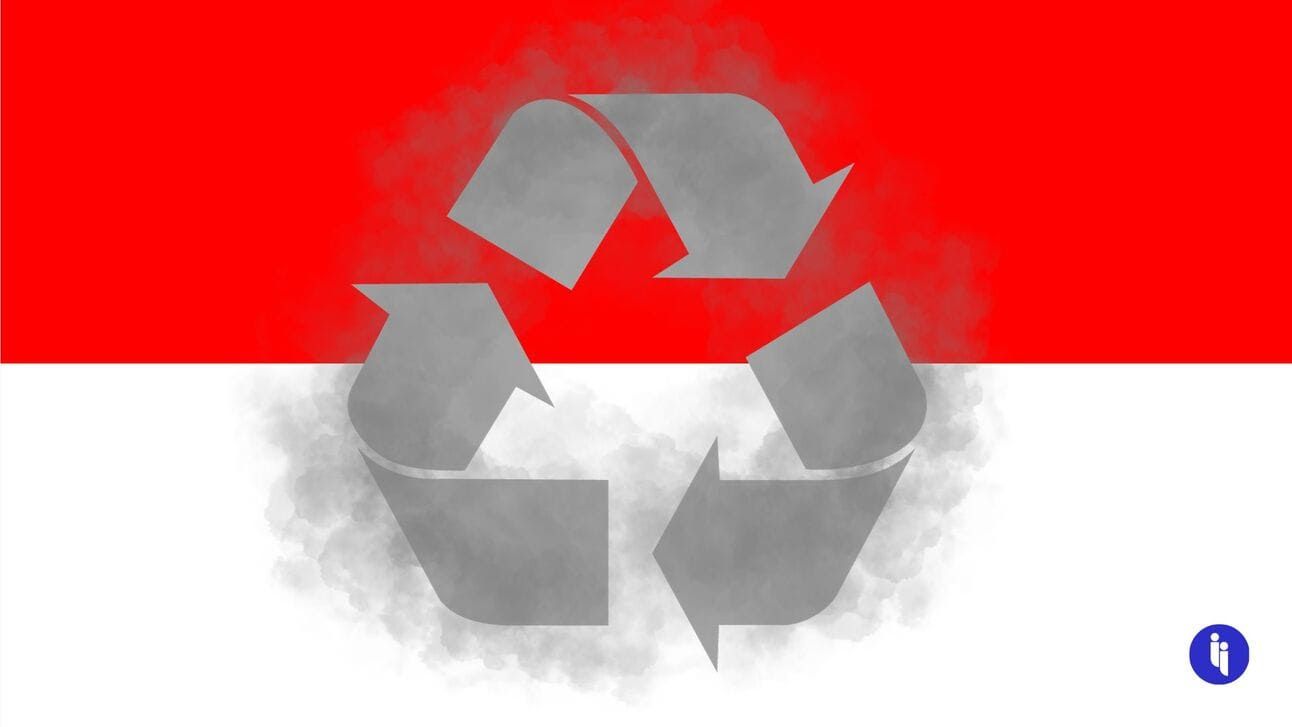President Joko Widodo launched Indonesia’s first scheme to trade carbon credits yesterday (Tuesday), as part of Jakarta’s 2060 net zero pledge.
How does it work? Carbon credits are basically permits for firms to emit a set amount of carbon dioxide (CO2). They can then be bought and sold:
- 🌱 firms that cut emissions get to sell their excess permits for cash
- 🏭 big polluters get penalised by having to buy more permits, and
- ☀️ governments get revenue for things like the energy transition.
Indonesia is just the latest in Asia to launch this type of scheme:
Stay on top of your world from inside your inbox.
Subscribe for free today and receive way much more insights.
Trusted by 129,000+ subscribers
No spam. No noise. Unsubscribe any time.
- 🇰🇷 South Korea launched Asia’s first back in 2015
- 🇸🇬 Singapore was then the first in Southeast Asia in 2019 (it now wants to become a regional carbon trading hub), and
- 🇨🇳 China launched the world’s biggest carbon scheme in 2021.
Intrigue’s take: On paper, carbon credits seem like a win-win: policy-makers set the target and leave the market to iron out the details, generating some much-needed government revenue in the process. But calibration and regulation are key, and the politics around all this can get messy.
Also worth noting:
- Indonesia is a top emitter of CO2 due to its reliance on coal.
- A permit for a tonne of CO2 currently sells for around $4.50 in Indonesia. In the EU, the going rate is now around $92.
- Indonesia’s carbon scheme uses blockchain tech to record trades.







